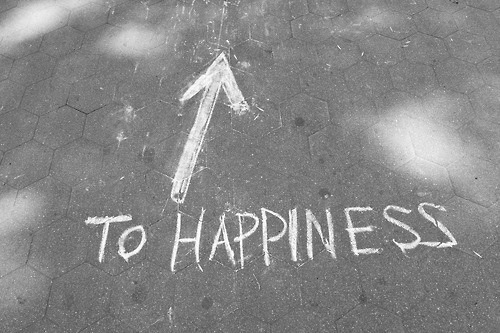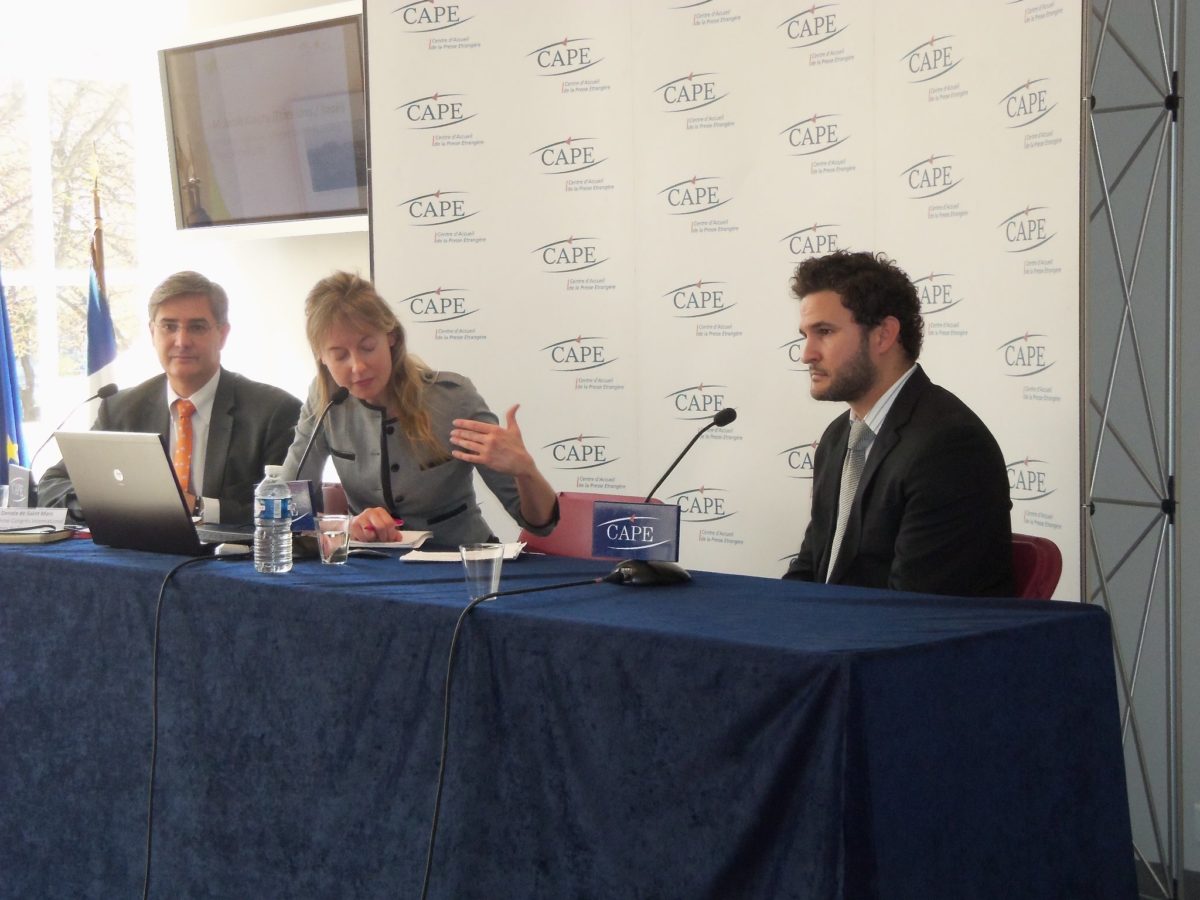Evyatar, a kindergarten student in Israel 13 years ago, sensed that something was wrong when neither of his parents picked him up from school. An uncle showed up a few hours later and told his nephew what had happened – Evyatar’s parents had been attacked by terrorists at an Israeli toy store; his father was dead, his mother injured. Ben Borgia, a voice-over actor in Australia, heard his tragic family news at 7 a.m., Sydney time, seven years ago.
His phone rang. His mother and 13-year-old sister, he learned, were among 202 people killed, 88 of them Australians, in a terrorist bombing the previous night in an Indonesian nightclub. Bali that day became Australia’s 9/11. For two recent weeks, Evyatar, a 19-year-old Jew, and Borgia, a 29-year-old Catholic, and several other young Jews and Christians, shared their common experiences as victims and survivors of terrorism.
At a weeklong camp sponsored by the One Heart Global organization (oneheartglobal.org) at Bryn Mawr College near Philadelphia, and during a subsequent week of touring here, they shared their stories of loss, comforted each other, laughed and cried together, and talked about common interests in music and sports. “People” who have escaped a terrorist attack or lost a family member to terrorism “don’t get to share their stories very much” with others who have gone through the same experience, says Evyatar, a recent high school graduate who asked that his full name not be printed. For him and the other participants in the One Heart Global activities – including teens from Spain, Liberia, the United States and Northern Ireland – the camp’s therapy sessions and conflict resolution lessons, leadership training classes and entertainment downtime, were a rare chance to unburden themselves or simply keep their feelings to themselves with peers who understand either choice.
The camp was co-sponsored by Tuesday’s Children (tuesdayschildren.org), a family service organization founded by family and friends of 9-11 victims. “It helps. It helps a lot,” Evyatar says. He and Borgia, who is working on an oral history project with other victims of terrorism, discussed the discomfort they feel, or which friends feel, when the subject of parents come up. “When people talk about their mothers, it’s a very difficult experience,” Borgia says. He feels his loss especially at those times. He and Evyatar discussed how they coped with losing a parent, suddenly, to terrorism. Evyatar, then still a kid, would keep his emotions inside. Borgia says he took up drinking. “For a long time I had to escape.” And they talked about the ongoing impact of terrorism on other members of their families. Borgia says he joined the One Heart Global group as part of his mission to help fellow victims of terrorism, particularly needed in a country like Australia that does not offer the network of support services for victims of terrorism available in this country and Israel.
“I’m trying to find my purpose,” he says. The organization includes the training and conflict resolution sessions in its annual camp in order “to promote the idea of global peace” among the people most affected by hatred, says Sarri Singer, co-founder of One Heart Global. “This is the next generation. These are the next leaders of their countries.” Singer, a native of New Jersey and assistant director of career services at Touro College, was injured in a terrorist bus bombing in Jerusalem six years ago. The blast killed 17 people, including everyone around her on the bus, and injured 100 more; she spent more than a week in the hospital. She and Jacob Kimchy, a Sabra whose father was killed in a terrorist attack in Rishon Lezion seven years ago, established One Heart Global to help other victims of terrorism heal.
The organization’s motto is “Healing victims of terror and their families around the world.” “Terrorism does not discriminate,” Singer says. “It’s not just one country’s problem. It’s not just Israel’s problem.” The pain of losing a parent is “always there – it’s a scar for life,” even if it is not always discussed, says Kimchy, who helped found One Heart Global as a memorial to his father, Rami. In New York, Kimchy and Singer and the participants in this summer’s activities told their stories, some hesitantly, some more confidently, during meetings with Israel Consul General Asaf Shariv and Gov. David Paterson. The governor, who talked about government efforts to assist workers who became ill after working at the World Trade Center terrorism site, said he was inspired by young people who had lost relatives to terrorism but are working to help other people. “I’m afraid [you] would have become jaded,” he said.
“There is a fight you can wage with a spirit.” The group’s itinerary here included shopping and sightseeing, and meetings with other politicians and One Heart Global donors. The subject of each person’s loss to terrorism came up during the two weeks, but not all the time, Evyatar says. “My whole life is not about that.”
Via http://www.thejewishweek.com/features/happy_campers_unhappy_memories_1

